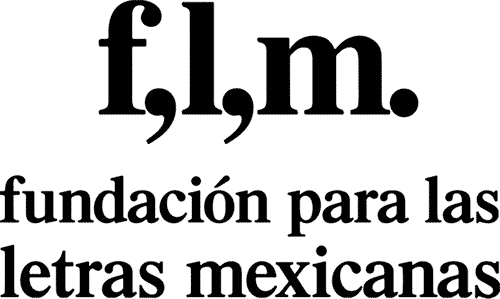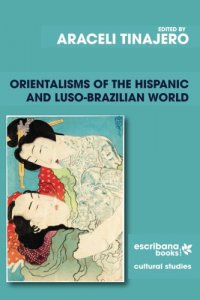Even though over the last three decades several books on Western-Eastern encounters have been published, this book offers a new approach to the way we look at current writers of Spanish and Portuguese and their vigor and creativity in guiding us towards a deeper understanding of Orientalism. The chapters in this volume explore novels, short stories, poems, essays and chronicles of prominent writers of the Hispanic and Luso-Brazilian world through the lens of transmodernity in a way that blurs borders and gracefully blends fiction with our own perceived cultural and personal realities. The essays take us from images of China and Japan in the writings of Camilo Pessanha and Wenceslau de Moraes to the Orientalism in Grande sertão: veredas with refreshing approaches to the linguistic and thematic uniqueness of this influential Brazilian novel. Moreover, the book offers compelling observations of Spanish-Middle Eastern Orientalisms by looking at recent texts which include Mohamed Akalay’s Entre Tánger y Larache as well as María Dueñas’ El tiempo entre costuras by recognizing the palpable historical, geographic and transnational connections that exist between Spain and the Middle East. Further, this study tackles the multifaceted nature of how twenty-first century novelists portray Asia by inviting us to look at ghosts and the human body in Mario Bellatín’s most recent novels and to face the realities of cultural amnesia and self-discovery in Cristina Rivera Garza’s Verde Shanghai. This book is essential to those who want to understand East-West encounters in a way that is striking, unique, and academically robust.
* Esta contraportada corresponde a la edición de 2014. La Enciclopedia de la literatura en México no se hace responsable de los contenidos y puntos de vista vertidos en ella.



